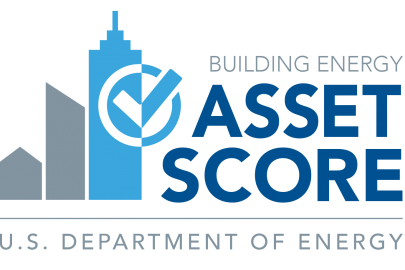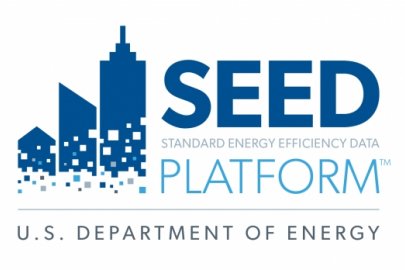Listen to a recording of the May 22, 2018 public webinar.
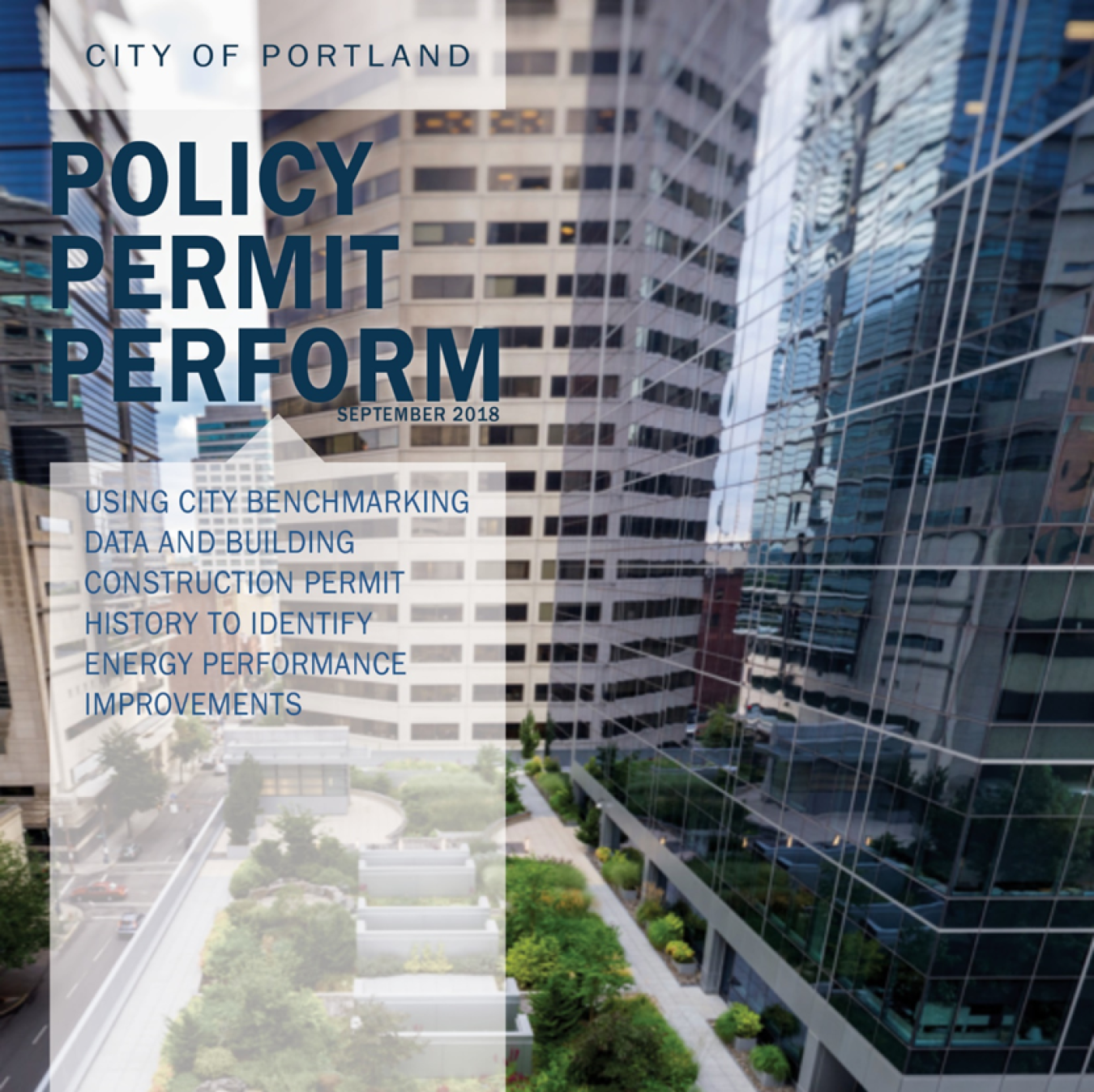
View the Final Report.
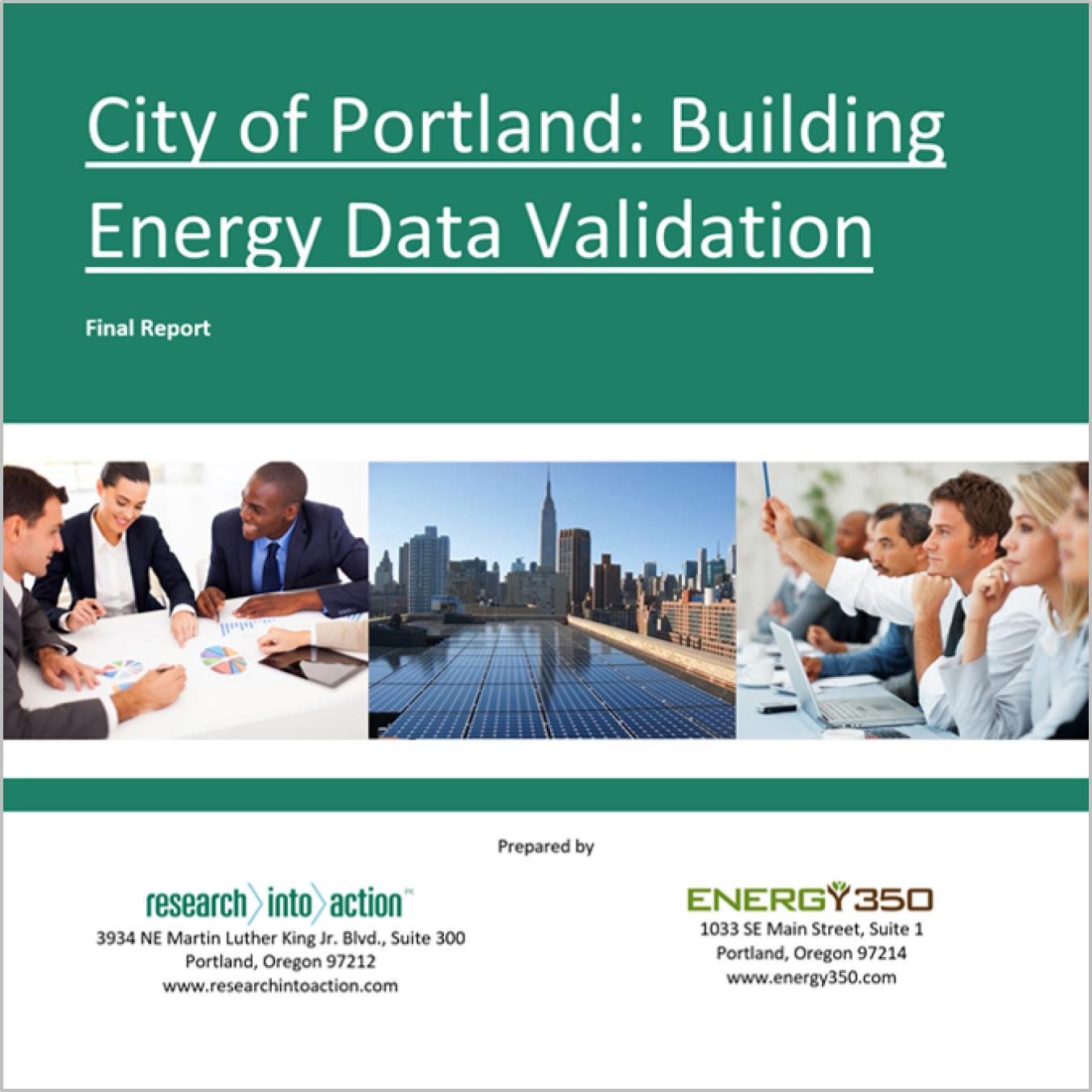
View the Technical Report by Research into Action and Energy 350.
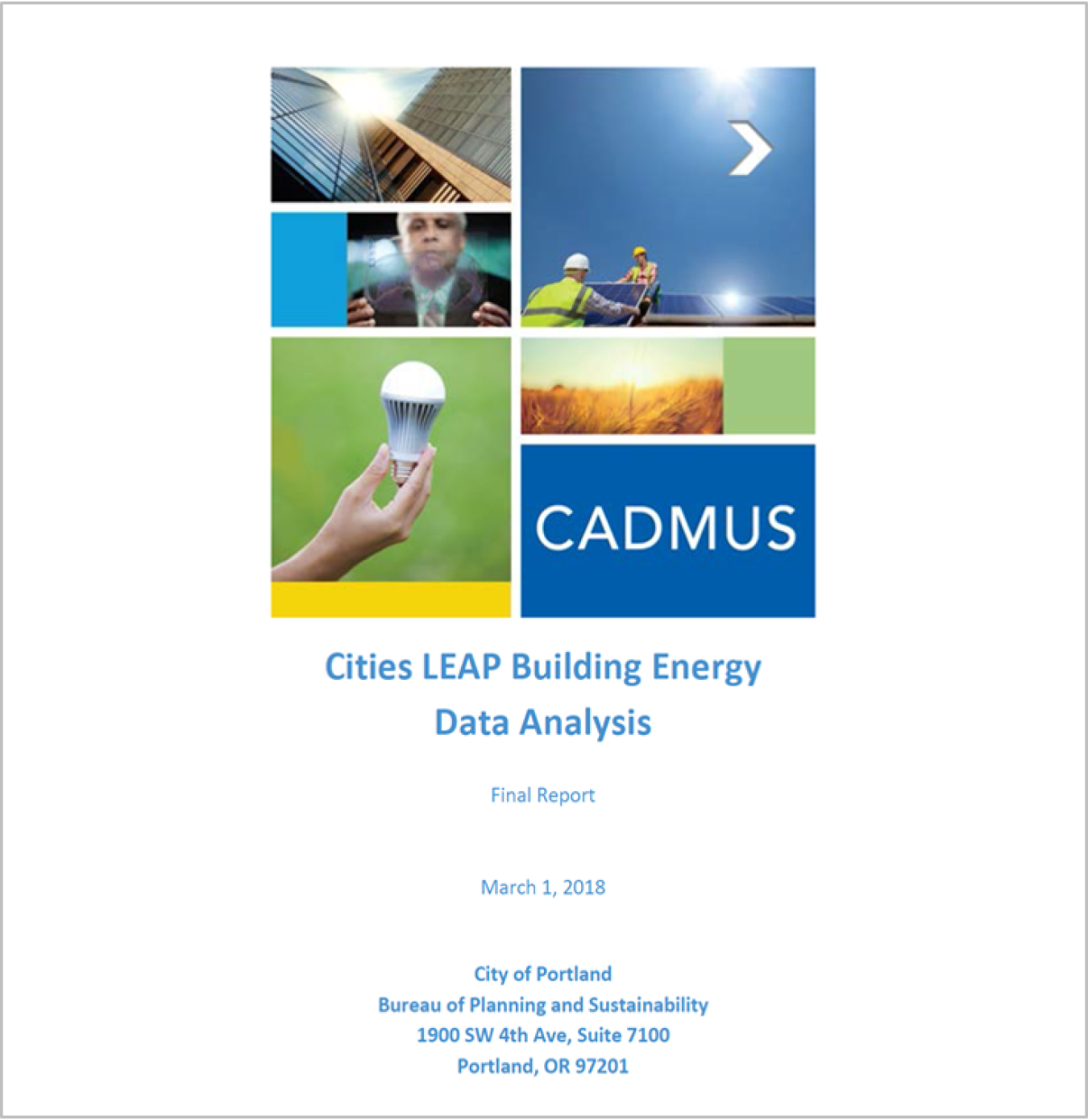
View the Technical Report by the Cadmus Group.

Visit the GitHub repository from Earth Advantage.
Buildings are responsible for one-half of carbon emissions in Portland, Oregon, and improving their performance is critical to achieving the city’s climate goals. As part of its climate action plan, the City of Portland requires commercial buildings greater than 50,000 square feet to benchmark and disclose annual energy performance through ENERGY STAR® Portfolio Manager® (ESPM).
In 2016, the city received a financial assistance award from the U.S. Department of Energy (DOE) Cities Leading through Energy Analysis and Planning project to evaluate the application of the DOE Building Energy Asset Score tool and rating system to commercial buildings that report to the city. These buildings were evaluated using Asset Score’s Preview capability. Based on building construction permit history, full Asset Scores were developed for a subset of office buildings to allow for more detailed assessment against ESPM scores. Correlation and regression analysis of this combined dataset identified whether building operations or specific systems – mechanical, lighting or envelope – present the best opportunities to improve energy performance. The DOE Standard Energy Efficiency Data (SEED) Platform was utilized for management and assessment of data using Asset Score’s application programming interface (API) capabilities. This project provides a comprehensive analysis approach using both benchmarking and asset ratings.
The final report discusses the evaluation approach and results of research to inform future Asset Score data collection for existing and new construction permits to help cities prioritize building energy strategies. Given better awareness of energy performance, building managers, energy service providers, and utility incentive administrators can make more informed decisions to reduce energy consumption and carbon emissions.
Project Team
- City of Portland, Oregon
- New Buildings Institute
- Earth Advantage
- Energy Trust of Oregon
- Pacific Northwest National Laboratory
Return to the Demonstration Projects page.


